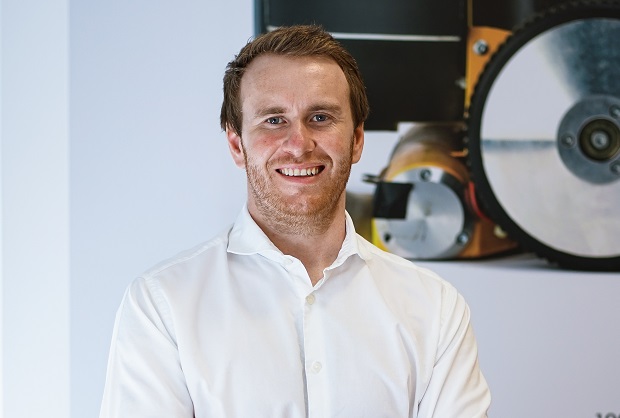About 400 high-value software engineering jobs will be open to Filipinos, including fresh graduates, in the next three years at Dyson’s Technology and Engineering Center in Alabang, the British appliance manufacturer’s second key site in the Philippines.

The software lab was built to develop embedded software for a new generation of intelligent machines by Dyson. This development comes as the company fast-tracks its R&D efforts in software, robotics, AI, and machine learning.
The global tech firm will be hiring software engineers and scientists in embedded software and intelligent machines.
For embedded software, job candidates should be experienced in various coding languages including real-time embedded “C”, knowledgeable about microcontrollers and SoC processors, and familiar with embedded development tools.
For intelligent machines, job applicants should have strong C++ / Object-oriented programming skills for Linux-based embedded platform, Linux Device Driver Development and Board Support Package (BSP) support experience, robotics knowledge and experience including SLAM, path planning, global mapping, motion execution and computer vision based deep learning/machine learning, among others.
Dyson announced the opening of the Alabang software lab in November 2020 in line with its £2.75-billion global investment plan to double its technology and product portfolio which includes vacuum cleaners, hair and hand dryers, air purifiers and more. The plan also includes entering new fields by 2025.
Since the facility opened in 2020, around 40 Filipino software, intelligent machines, and software testing engineers have been hired.
For job applicants, the company offers an exciting and dynamic work environment with multiple technology projects going on at any given time.
“Today, Dyson is a global technology company with an engineering presence in the UK, Singapore, Malaysia, China and the Philippines. We are a collaborative global team of over 14,000 people, nearly half of whom are engineers and scientists,” said Phillip Stephens, Dyson’s head of research design and development in the Philippines.
“For that reason, Filipino professionals joining Dyson can look forward to the opportunity to collaborate internationally with some of the world’s brightest minds; they will learn from each other and combine their expertise to develop innovative, exciting and intelligent products for Dyson.”
Meanwhile, young graduates can look forward to a holistic graduate development program combining on-the-job learning, mentorships and formal training.
“The Philippines is home to highly-skilled software engineers and scientists, enabled by a strong network of local universities. This, combined with a supportive government, is what gives us the confidence to continue investing in the Philippines and to open our new software lab,” said Stephens.
Dyson’s confidence in Filipino engineers and scientists began when the firm decided to build its Philippines Advanced Manufacturing (PAM) facility in Calamba, Laguna. An advanced motors manufacturing center, PAM is Dyson’s first key site in the country.
The facility opened in 2016 with 10 engineers working on Dyson Hyperdymium motors, from the design phase to the manufacturing stage. The Hyperdymium motor, the core of Dyson’s cord-free vacuum cleaners and hair care technologies, allows machines to become lightweight yet deliver greater efficiency.
“We chose the Philippines because it possesses the right sets of skills to produce such an advanced and complex motor,” said Stephens.
Within two years of operation, Dyson had built its ten millionth Hyperdymium motor at PAM. The Calamba facility produces 13 million motors a year. From its initial lean team of 10 engineers, PAM now boasts of 600 engineers.




